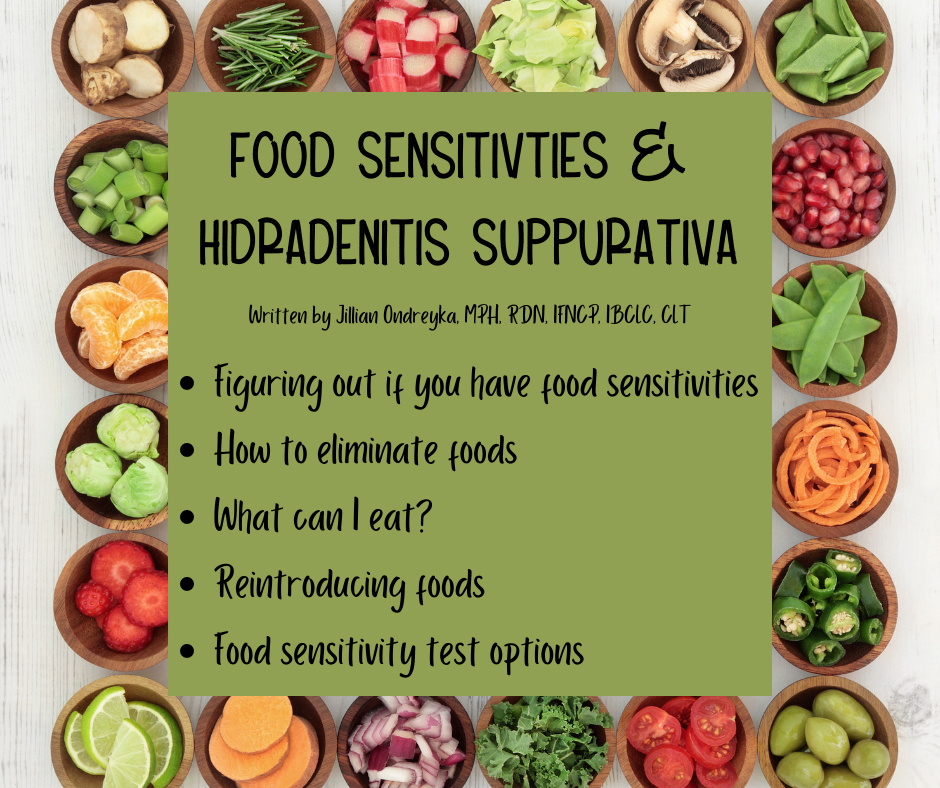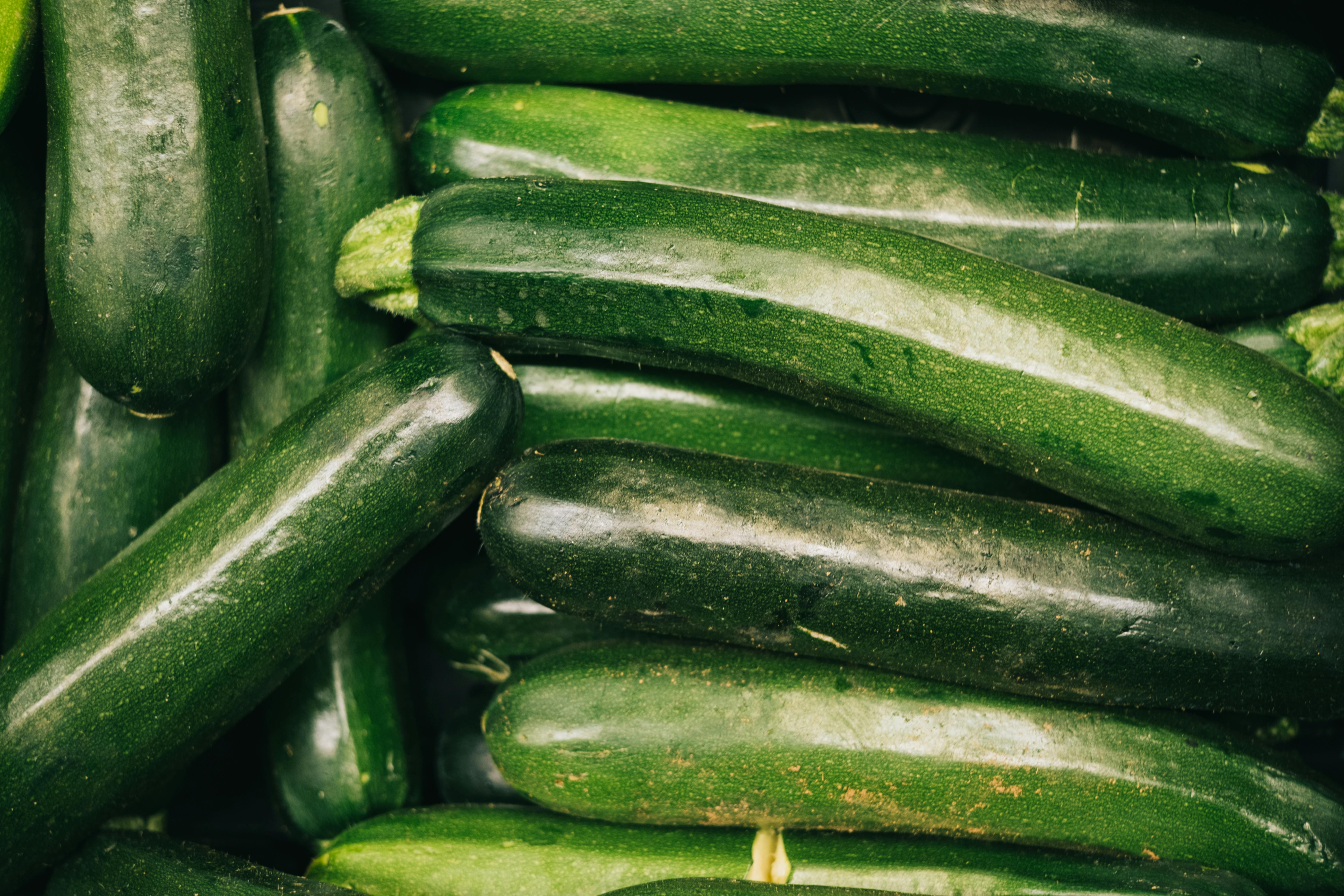
The Comprehensive Guide to the 7-Day Acid Reflux Diet: Achieve Better Digestive Health!
Are you struggling with acid reflux or heartburn? The acid reflux diet can be a lifesaver in managing your symptoms and improving your digestive health. This guide provides a detailed overview of a 7-day meal plan, focusing on foods to avoid, symptom relief techniques, and sustainable changes to make your journey easier. Whether you're looking for delicious recipes, portion control tips, or hydration strategies, this guide is packed with insights to help you find relief and enhance your well-being.
Understanding Dietary Changes for Acid Reflux Management
Making the right dietary changes is crucial for those dealing with acid reflux. Your diet directly affects symptom severity, and small adjustments can lead to significant improvements. Prioritize low-fat meals, fiber-rich foods, and antioxidant foods to support digestive health. Additionally, identifying your trigger foods—such as spicy dishes, citrus fruits, and carbonated beverages—can help you make informed decisions about your meals. It’s essential to maintain a food diary to monitor food intake and symptoms, which can provide insights for managing your condition effectively.
Foods to Avoid
Understanding which foods to avoid is pivotal in preventing acid reflux flare-ups. Common culprits include high-fat meals, fried foods, and overly spicy dishes. Additionally, consider restricting caffeine and alcohol, which can exacerbate symptoms. Keeping track of your meal frequency and portion sizes can also be impactful. If you indulge in heavy meals, your body may produce excess acid, causing discomfort and heartburn. Striving for smaller, more frequent meals may help alleviate these symptoms.
Healthy Recipes for Digestive Health
Incorporating healthy recipes into your diet not only aids in symptom relief but also promotes overall wellness. For breakfast, consider oatmeal topped with bananas, a great option that is both filling and mild on the stomach. For lunch, grilled chicken paired with steamed vegetables makes for a refreshing, hearty dish. Dinner can be a low-fat fish recipe served with a side of quinoa and spinach. As for snacks, opt for heartburn-friendly offerings like almond or rice cakes. Prioritize meal variety to ensure a balanced intake of nutrients.
Meal Preparation and Portion Control
Meal preparation is essential for maintaining a successful acid reflux diet. Plan your meals in advance to take the guesswork out of daily cooking. This will help you avoid impulse decisions that could lead to trigger foods. Additionally, practice portion control to minimize the risk of reflux symptoms. Smaller, more balanced portions can assist in digestion and prevent overloading the stomach. By keeping your meals organized and portion sizes in check, you can effectively manage your food intake while enjoying a diverse menu.
Sample 7-Day Acid Reflux Meal Plan
A 7-day meal plan can simplify the process of following an acid reflux diet. Below is a template to get you started, which encompasses breakfast, lunch, dinner, and snack alternatives focusing on gut-friendly ingredients.
Day 1
- Breakfast: Oatmeal with honey and berries
- Lunch: Grilled chicken, brown rice, steamed broccoli
- Dinner: Baked salmon, quinoa, zucchini
- Snack: Celery sticks with hummus
Day 2
- Breakfast: Smoothie with spinach, banana, and almond milk
- Lunch: Turkey wrap with lettuce and avocado
- Dinner: Stir-fried tofu with mixed vegetables
- Snack: Plain yogurt with pineapple
[Continue the meal plan for the remaining days with similar structure]
Day 7
- Breakfast: Scrambled eggs with spinach and toast
- Lunch: Quinoa salad with cucumbers and tomatoes
- Dinner: Grilled shrimp, asparagus, and sweet potatoes
- Snack: Cottage cheese with peaches
Hydration Tips for Managing Acid Reflux
Staying hydrated is key to improving your overall digestive health. Incorporate hydration tips into your daily routine, such as drinking alkanized water or herbal teas. Be mindful of the timing of your hydration; drinking too much liquid with meals may interfere with your digestion. Instead, drink small amounts between meals to keep yourself hydrated without overwhelming your digestive system.
Best Drinks for Acid Reflux
Choosing the right beverages is critical when managing acid reflux. While water is ideal, consider including herbal teas like chamomile or ginger root tea, known to soothe the stomach. Additionally, non-citrus fruit juices diluted with water can serve as refreshing drink alternatives. Whenever possible, avoid carbonated drinks, alcohol, and caffeinated beverages, which can lead to increased symptoms of acid reflux.
Natural Remedies and Lifestyle Changes
Integrating natural remedies and lifestyle changes is beneficial in managing acid reflux. For example, apple cider vinegar in moderation has been reported by some individuals as a remedy for relief, but always consult with a healthcare provider before starting any new regimen. Also consider practicing mindful eating and including more anti-inflammatory foods in your diet, like leafy greens and berries, which can help alleviate symptoms. Regular exercise, weight management, and sufficient sleep also contribute significantly to heartburn prevention.
Food Diary Importance
A comprehensive food diary is an excellent tool for individuals managing acid reflux. Track everything you consume, along with any symptoms experienced. This method helps you identify potential trigger foods and patterns in your eating habits. Over time, a food diary will serve as a critical reference in understanding how various foods impact your comfort levels and overall digestive health.
Key Takeaways
- Adapting to a 7-day acid reflux diet can significantly enhance your digestive health.
- Identify and avoid trigger foods while consuming more fiber-rich and low-fat options.
- Plan and prep meals ahead to ensure convenient, heartburn-friendly choices.
- Stay hydrated and opt for suitable drinks that won't aggravate your symptoms.
- Maintain a food diary for tracking intake and observing how it affects your symptoms.
FAQ
1. What are the best foods for acid reflux?
Foods like oatmeal, bananas, ginger, and green vegetables are excellent for managing acid reflux symptoms. Incorporating fiber-rich foods can also improve digestion and overall gut health.
2. How can meal portion sizes affect acid reflux?
Larger meal portions can create increased pressure on the stomach, leading to acid reflux. Maintaining appropriate portion sizes through smaller, frequent meals reduces this risk significantly.
3. Are there dietary restrictions for gluten intolerance that's also suitable for an acid reflux diet?
Yes, avoiding gluten is beneficial if you have intolerance, and many gluten-free options, such as whole grains, can still be part of a safe acid reflux diet. Opt for rice, quinoa, and gluten-free oats, which do not offer substantial acid production.
4. How does hydration influence digestive health?
Proper hydration helps ensure optimal digestion and reduces symptoms of acid reflux. Drinking water between meals rather than during them can enhance digestion, helping to maintain lower acid levels in the stomach.
5. What lifestyle changes can help reduce acid reflux symptoms?
Alongside dietary modifications, incorporating regular exercise, stress reduction techniques, and prioritizing sleep can lead to considerable improvements in managing acid reflux symptoms over time.
Image Resources
For visual learners, consider reviewing these resources:

